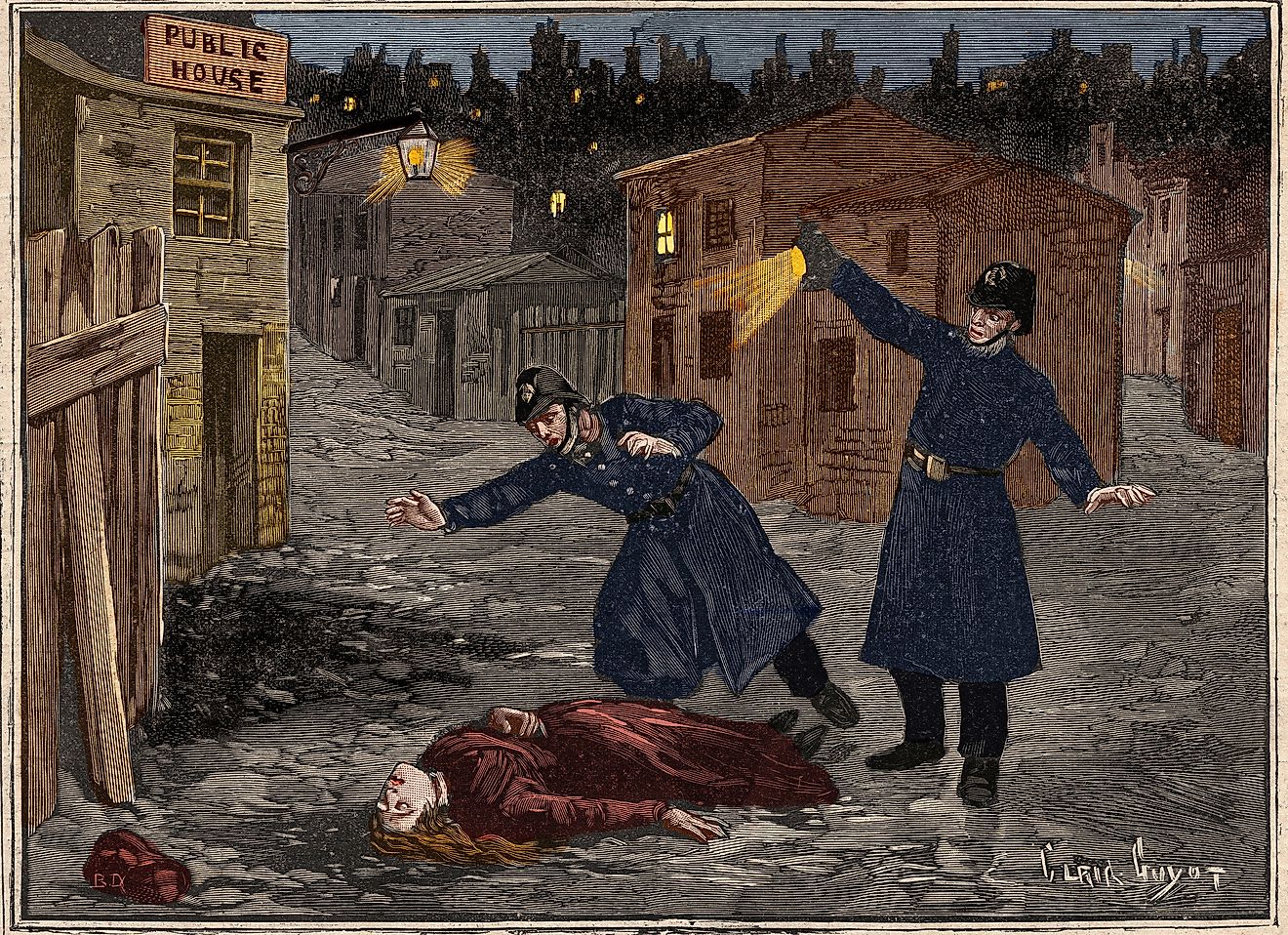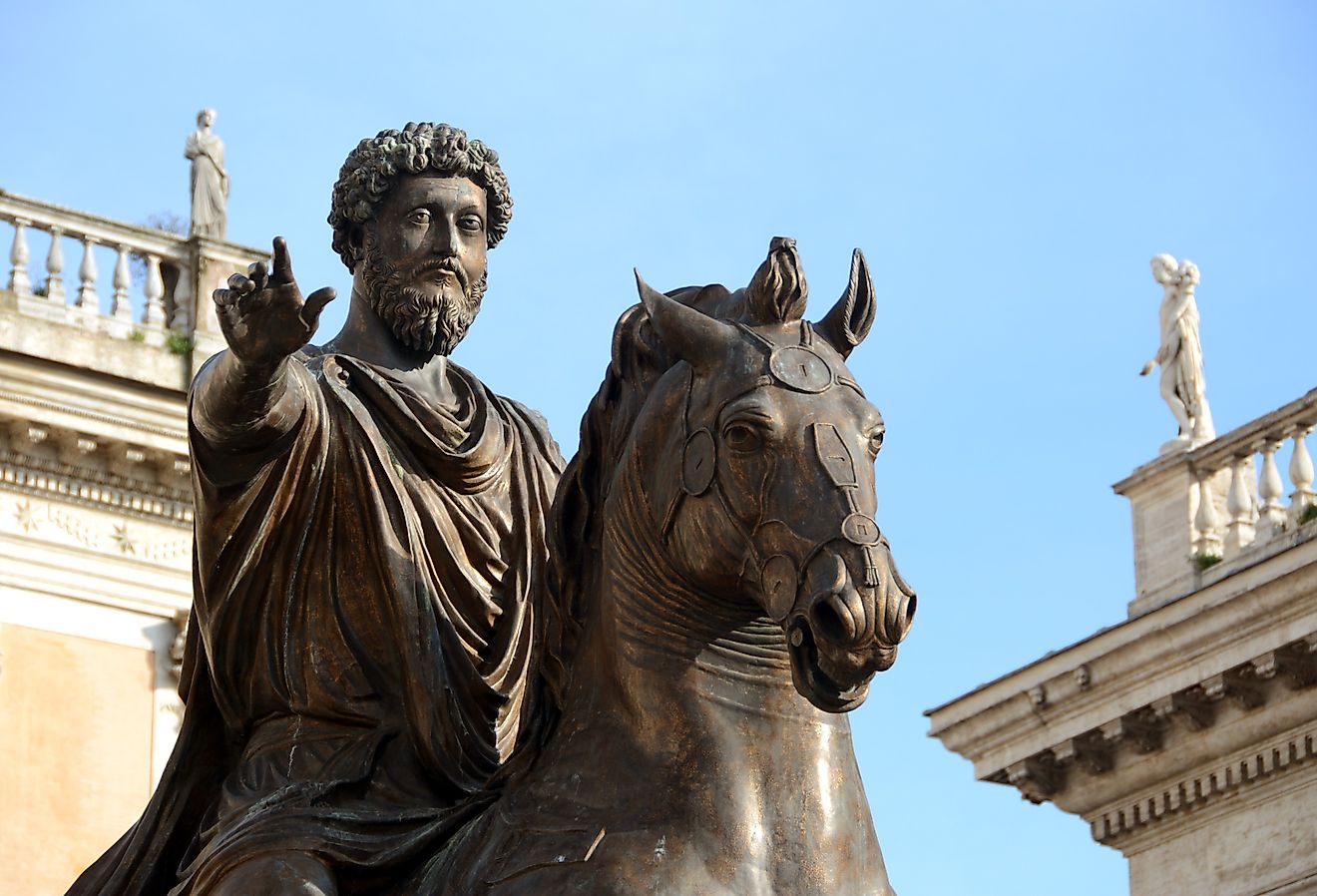Vlad the Impaler - Figures in History

Vlad III, who is known by his moniker Vlad the Impaler, was born in 1431. He was the second son of Vlad Dracul (c.1395-1447), who became the ruler of the Principality of Wallachia (1330-1859) in 1436. About two decades earlier in 1417, Wallachia had accepted the suzerainty of the powerful Ottoman Empire (1299-1922). This meant that they controlled the foreign relations of Wallachia, who acted as a tributary state, while still being allowed to have internal autonomy.
First Reign of Wallachia
Vlad's life would changed course in 1442 when he and his younger brother Radu cel Frumos (1437/39-75) were held hostage by the Ottoman Empire. Vlad's father agreed to leave his sons behind as political prisoners, in addition to an annual tribute, in order for the Ottomans to fully secure his loyalty while they helped him get his throne back from Basarab II of Wallachia (?-1458).
During his five years under the Ottomans, Vlad grew to hate them, while Radu ended up entering Ottoman service and converting to Islam. However, this did not end up protecting them when John Hunyadi (c.1406-57), the Regent-Governor of the Kingdom of Hungary, invaded in 1447 and murdered Vlad's father and older brother Mircea II of Wallachia (1428-47).
Hunyadi then appointed Vladislav II (?-1456), Vlad's the Impaler's second cousin, as the new volvode of Wallachia. In September 1448 when Hunyadi and Vladislav launched a military campaign against the Ottomans, Vlad finally made his move. With Ottoman support he broke into Wallachia in October and took over until he had to flee in early December when Vladislav and his army returned.
Return and Second Reign of Wallachia
Vlad then sought refuge in the Ottoman Empire and later traveled to Moldavia and Hungary before he was able to receive Hungarian support to invade Wallachia in 1456. Vladislav was killed during the fighting against Vlad and he became volvode soon after, quickly earning a reputation that would give him the nickname 'The Impaler'.
He started a purge among the boyars (nobility) of Wallachia in order to improve his position as ruler before turning his attention to the Transylvanian Saxons. They supported Vladislav's cousins Dan III (?-1460) and Basarab Laiotă (?-1480) to be the rulers of Wallachia. In retaliation for support of pretenders to the throne, Vlad sacked Saxon villages and had those that were captured impaled. Peace was not restored until 1460 when Dan III was defeated and captured in battle. Vlad then made Dan dig a hole for his own grave before having him beheaded and later having his supporters impaled.
However, Vlad and the Sultan of the Ottoman Empire Mehmed II (1432-81) soon came into conflict. It started when he refused to pay the jizya (tax on non-Muslims) as homage to the Sultan and had Mehmed's two envoys captured and impaled. This escalated in February 1462 when Vlad rebelled and invaded Bulgaria, which was Ottoman territory, and had thousands of Turks and Bulgarians impaled while also destroying many Ottoman ports.
Mehmed launched a campaign against Wallachia which proved to be a failure militarily. However, Vlad's cruelty and terror proved to be his undoing as more of the populace deserted to Vlad's brother Radu, who the Ottomans were lobbying to made volvode. This caused Vlad to flee to Transylvania to request help from the King of Hungary Matthias Corvinus (1443-90) but he ended up being imprisoned by him.
Final Reign of Wallachia and Death
Vlad was then held captive in the town of Visegrad until 1475, when he was released at the request of Stephen III of Moldavia (c.1430s-1504) to help in his fight against the invading Ottomans. The following year the Ottomans returned and Vlad reclaimed the Wallachian throne in November with the help of Moldavian and Hungarian troops.
At this point, Wallachia had become a vassal state for the Ottoman Empire as the aforementioned Basarab Laiotă had dethroned Radu for the last time. However, the Ottomans returned in December to take Wallachia back for Laiotă and Vlad was killed in battle either at the end of the month or in early January 1477.











